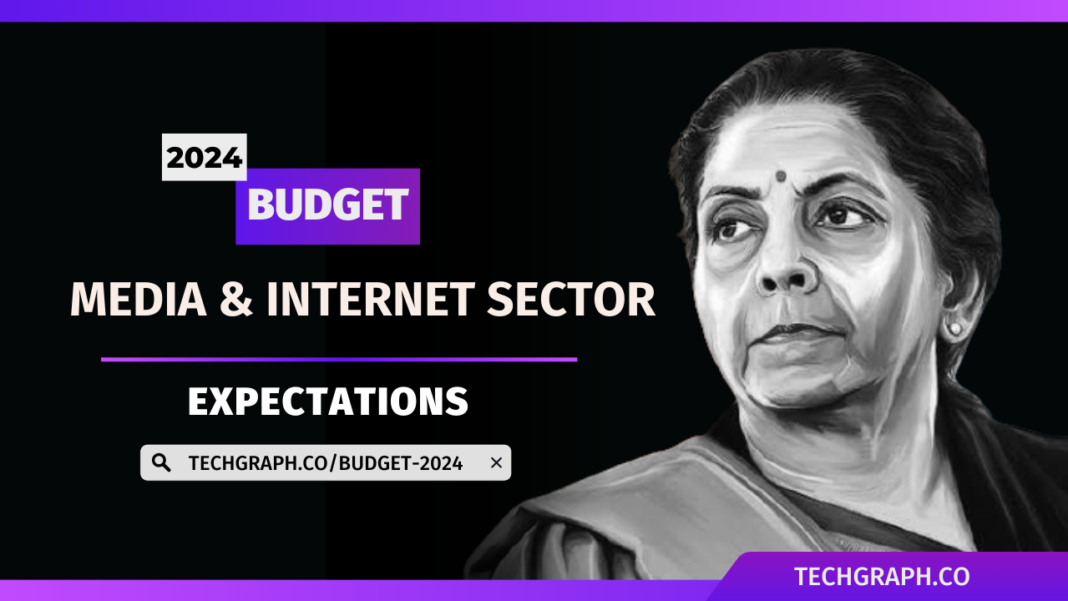In the rapidly evolving landscape of media, internet, and publishing, industry leaders are anxiously awaiting Finance Minister Nirmala Sitharaman’s budget announcement for 2024, hoping for a lifeline amidst the current challenges that have left many feeling their worth is dwindling.
Here’s a breakdown of their perspectives:
Neeraj Kohli, CEO of Asianet News Network
We applaud the Government’s vision of shaping a digital-first, consumer-centric media ecosystem in the country through high-speed connectivity, data security, and a level playing field for players. While incumbents invest heavily in this transformation, a recalibration of policies governing traditional media segments is also necessary.
Specifically in the case of FM radio, the ground has shifted dramatically since Covid where the prevailing license fee regime puts its long-term viability under considerable stress. Prompt implementation of TRAI’s Sep 2023 recommendations will go a long way in addressing these concerns and securing the viability of the segment for years to come.
Sajid Malik, Chairman & Managing Director of Genesys International
The geospatial industry eagerly seeks a dedicated allocation in support of the National Geospatial Policy’s ambitions. A crucial expectation is the establishment of a Digital Public Infrastructure (DPI) and Digital Public Goods (DPG) framework for Earth observation-based geospatial analytics, particularly emphasizing the creation of a digital twin by 2035. There should be a consolidation of thematic geospatial data platforms into a unified gateway for seamless access, replicating successful models in countries like the United States and Australia.
Furthermore, the budget should address the need for precise mapping of skills and allocate funds for capacity building beyond government and top-tier academic institutions. The inclusion of diverse expertise in expert committees, especially from the space and defense sectors, is vital for a comprehensive approach. The budget should lay down a strategic groundwork for the next two years to realize the 2030 industry vision which emphasizes achieving high-resolution topographical mapping, precise elevation models, and enhanced capacity.
Saurabh Mittal, CFO of S Chand and Company Limited
In the book publishing industry, the product has a Zero GST rate, however, all inputs from paper, printing, consumables, content development, professional services, and even Royalty (RCM) have a GST Rate of 5-18%, which has had a severe impact on margins for the trade which has had 3 bad years during Covid-19. The Industry hopes for a reduction of GST rates on services like Royalty, or a mechanism for refund.



